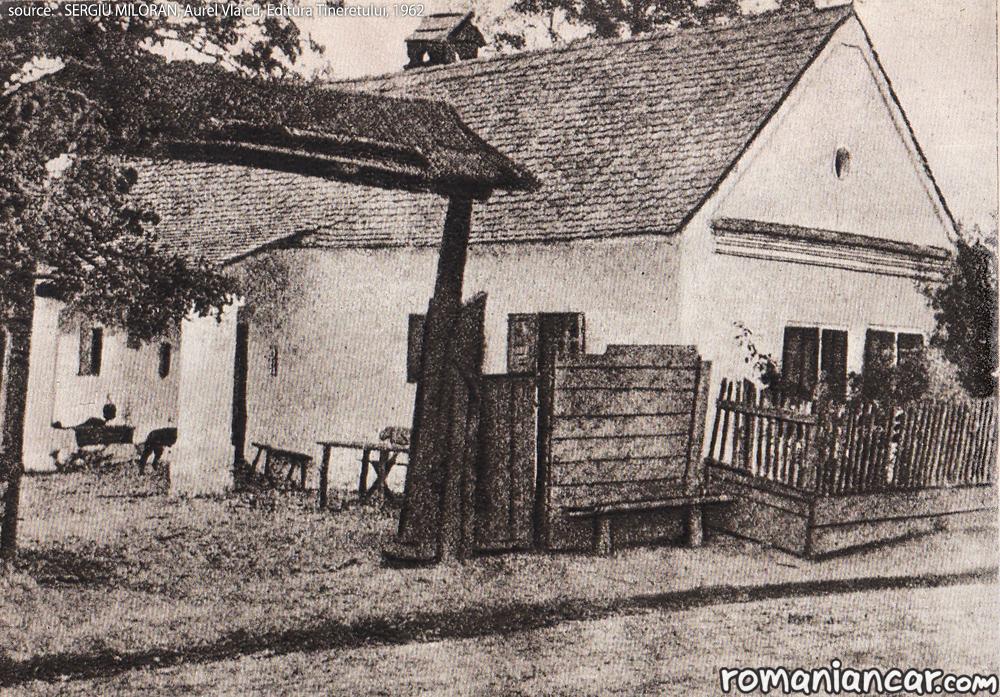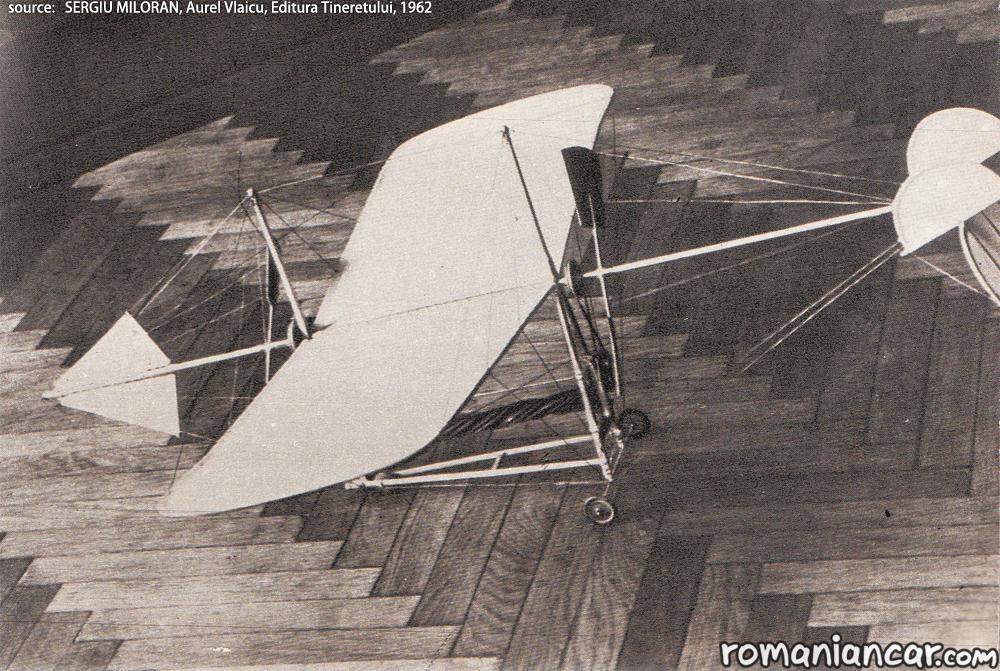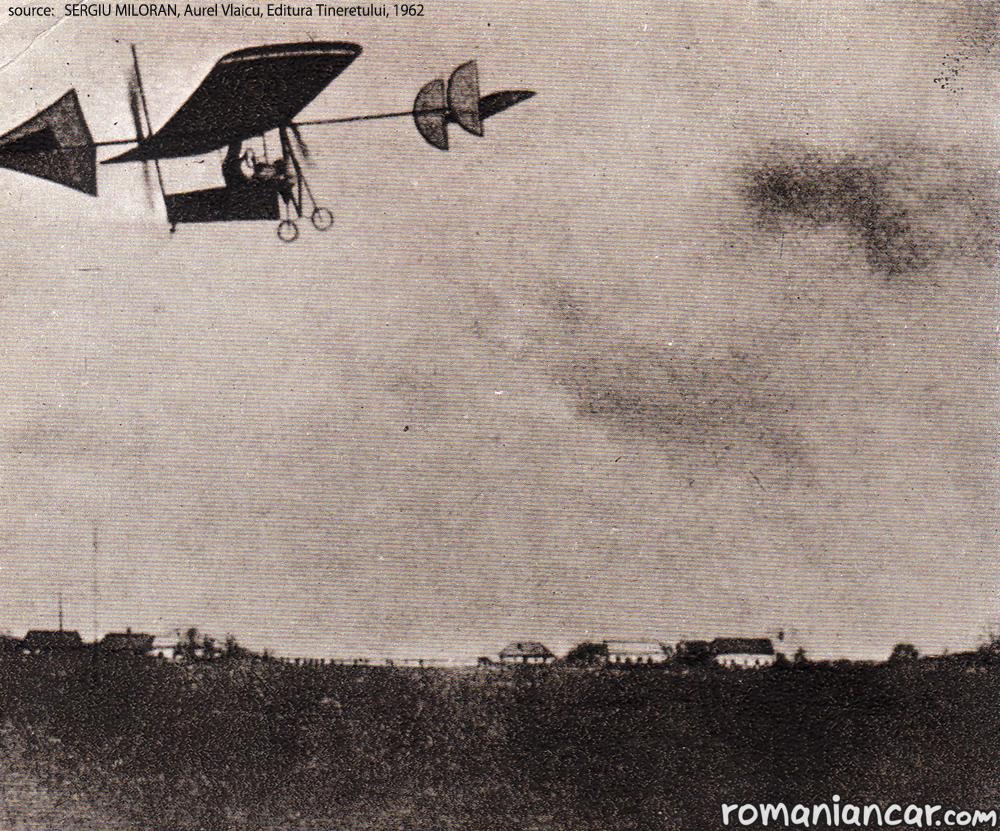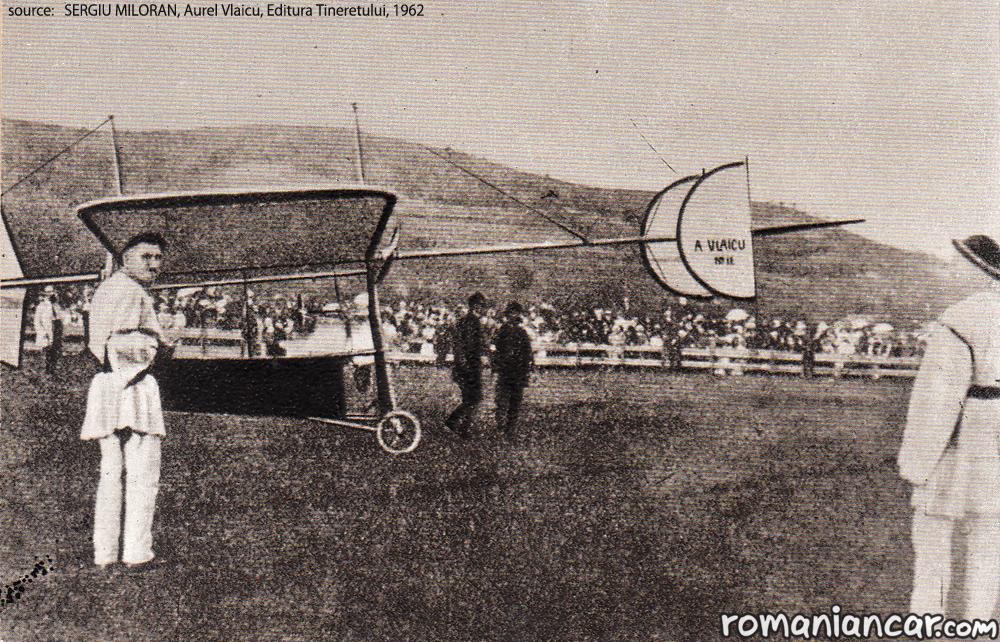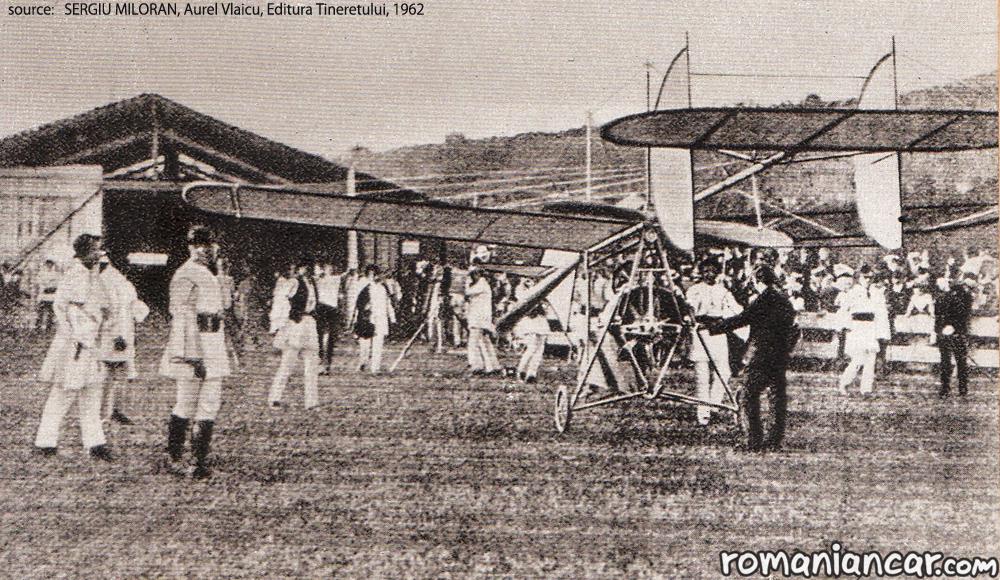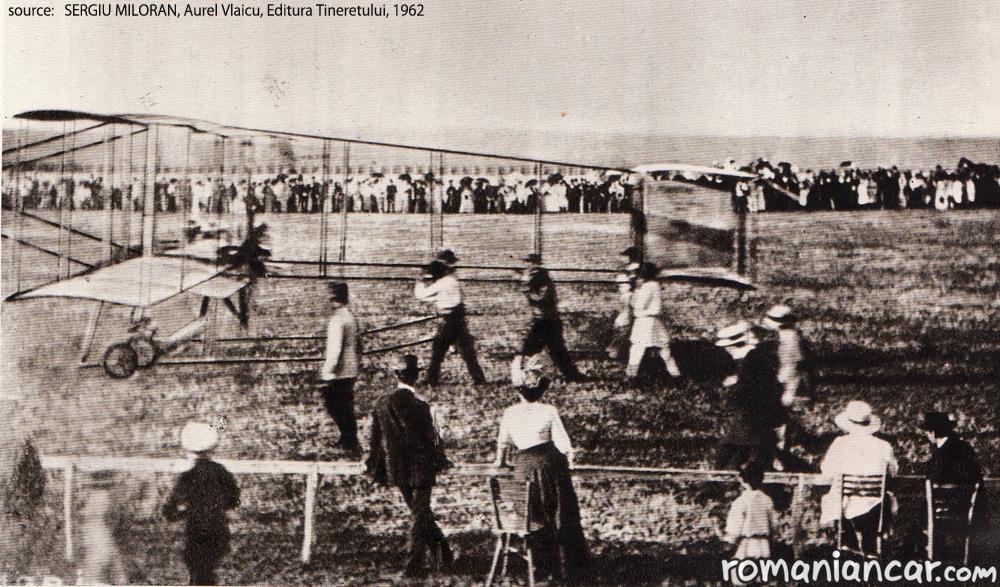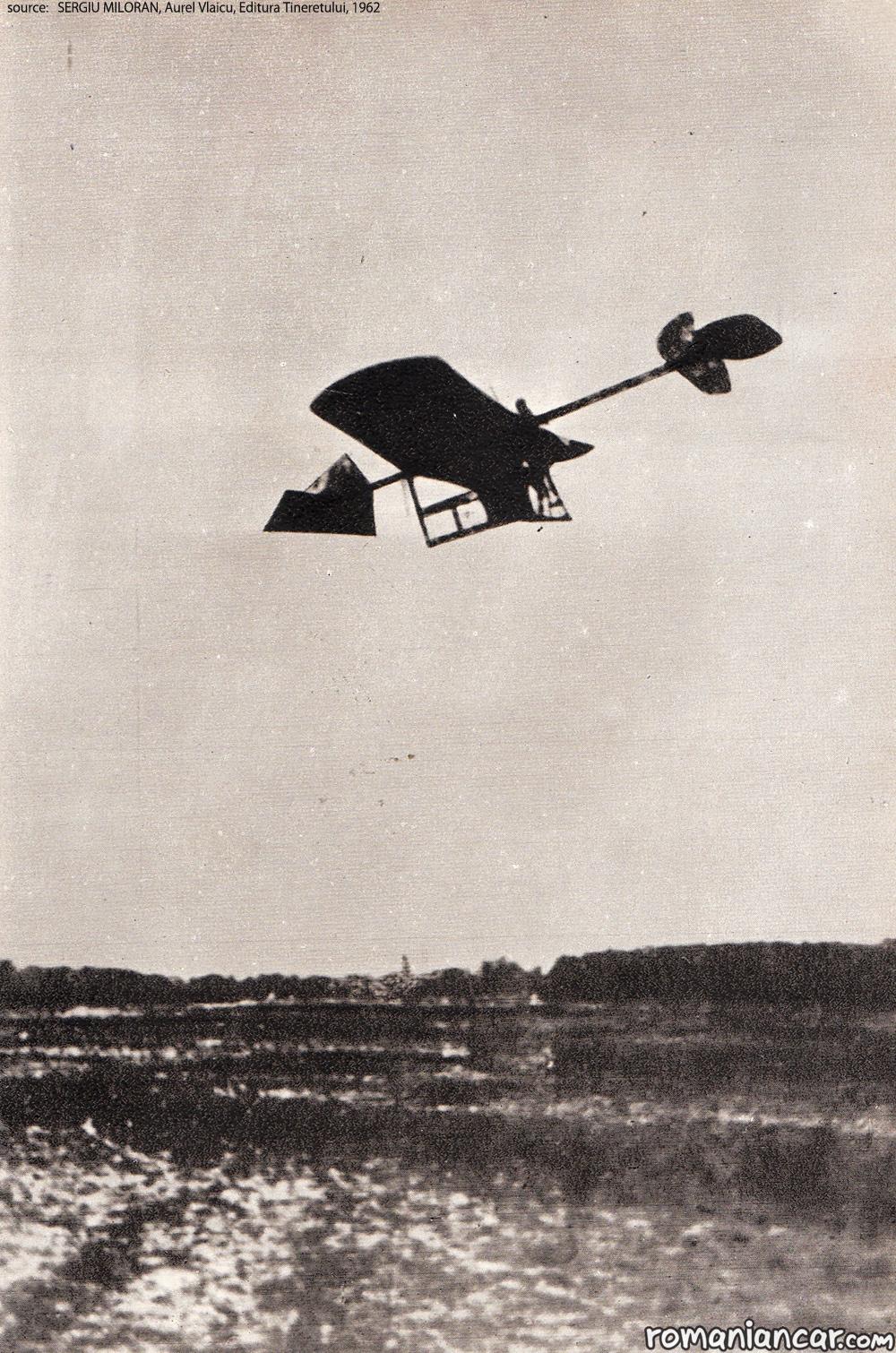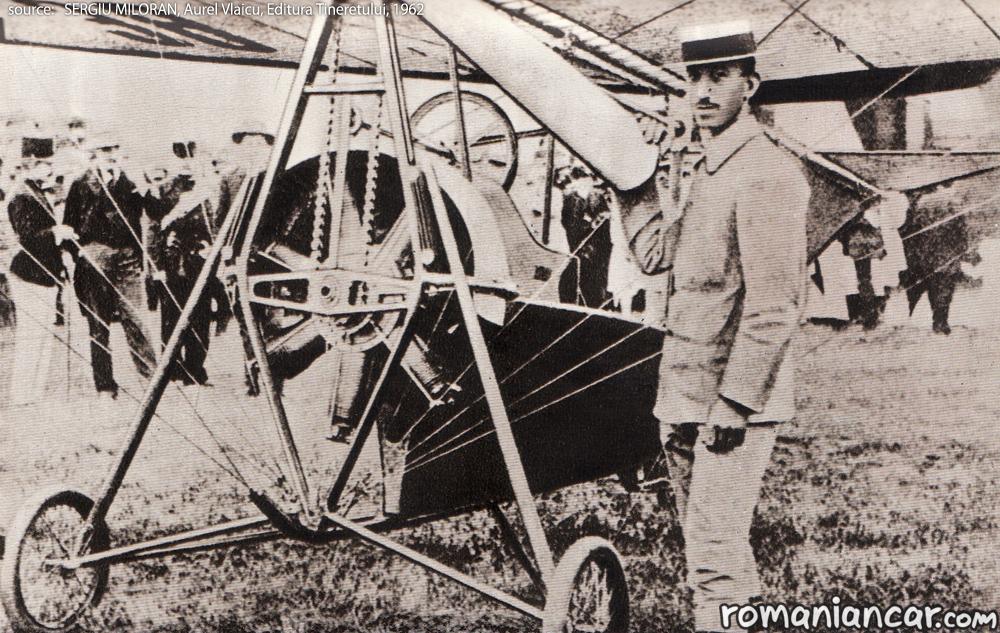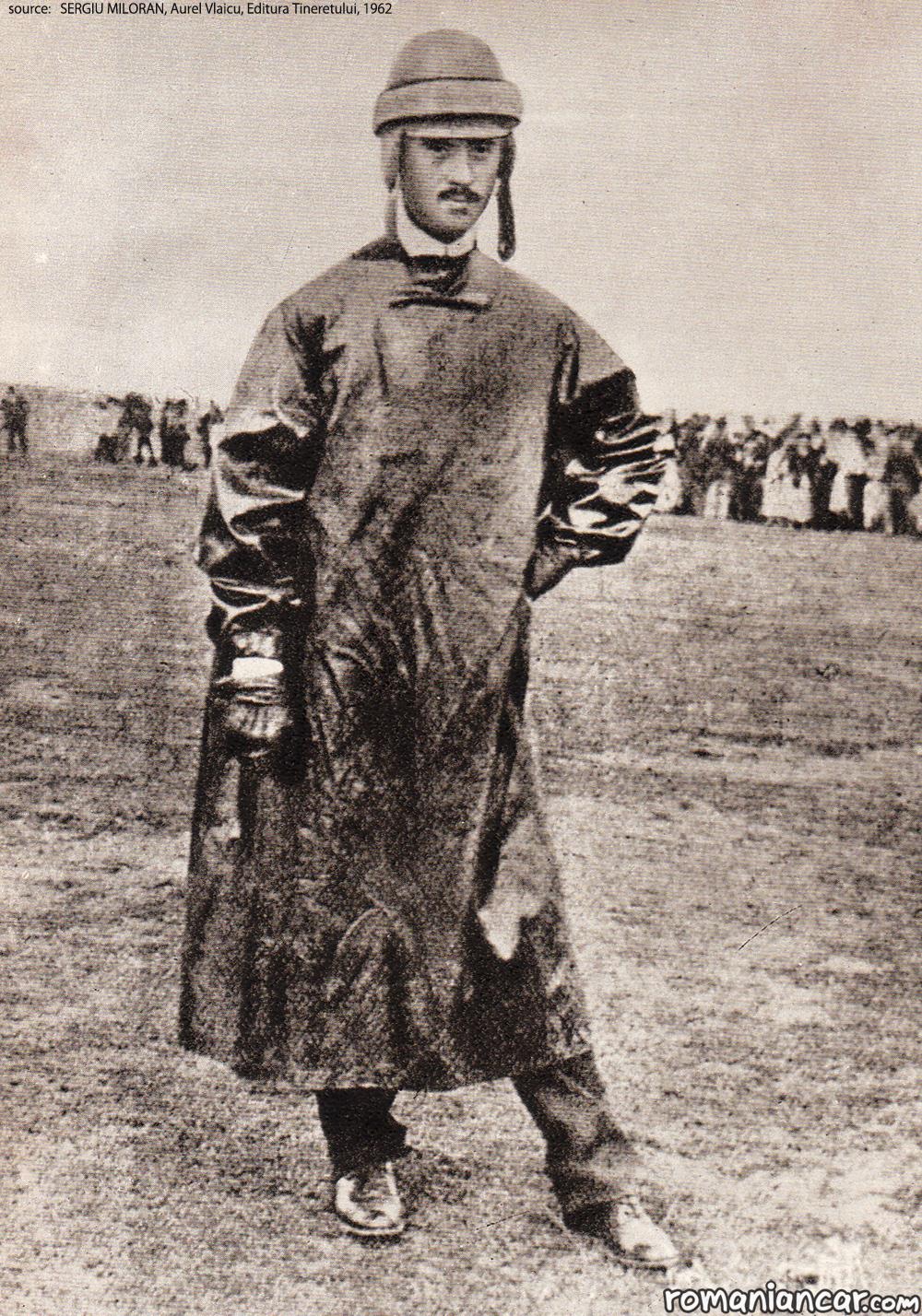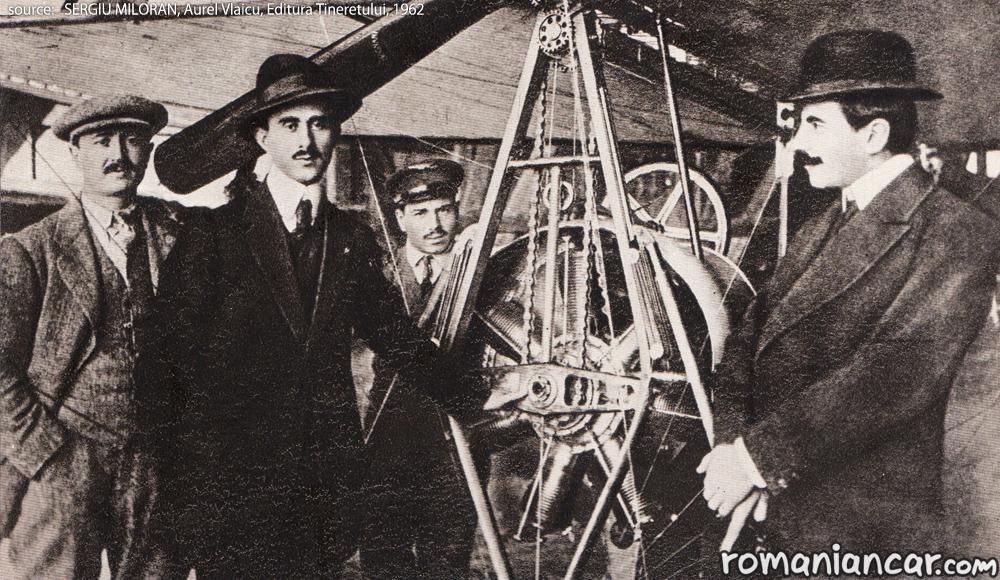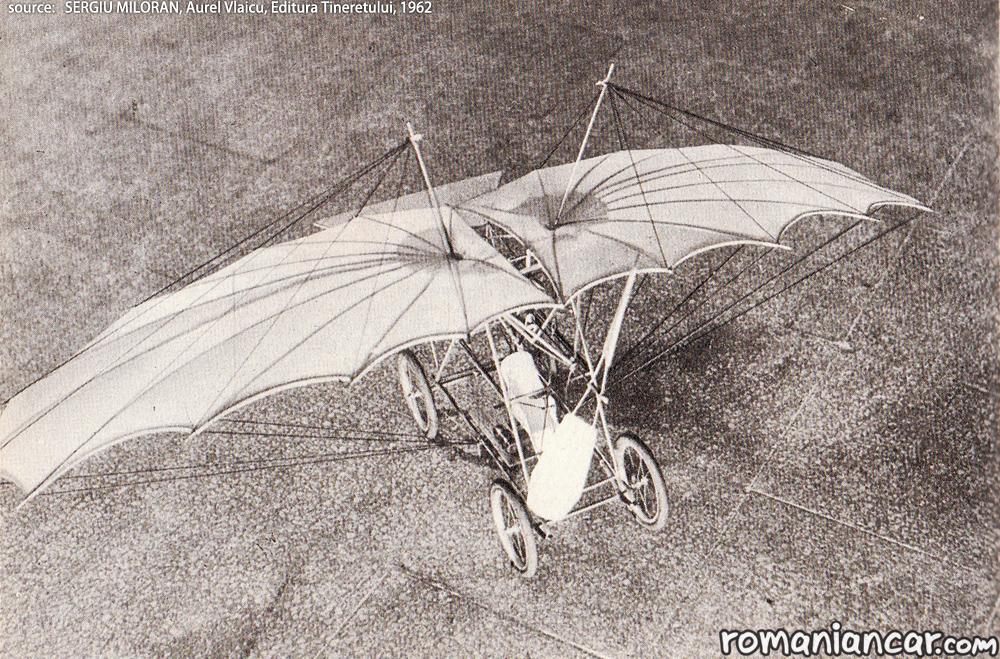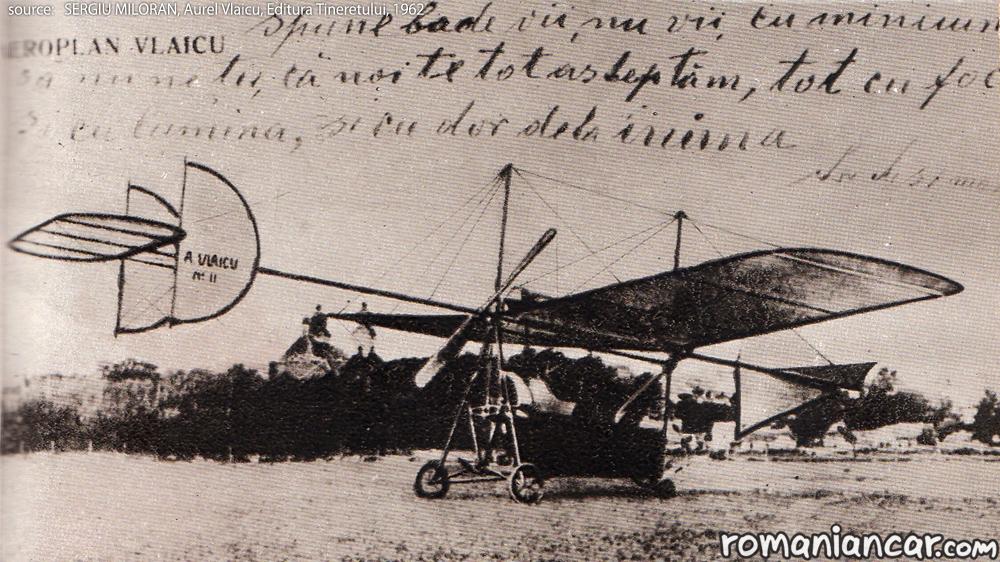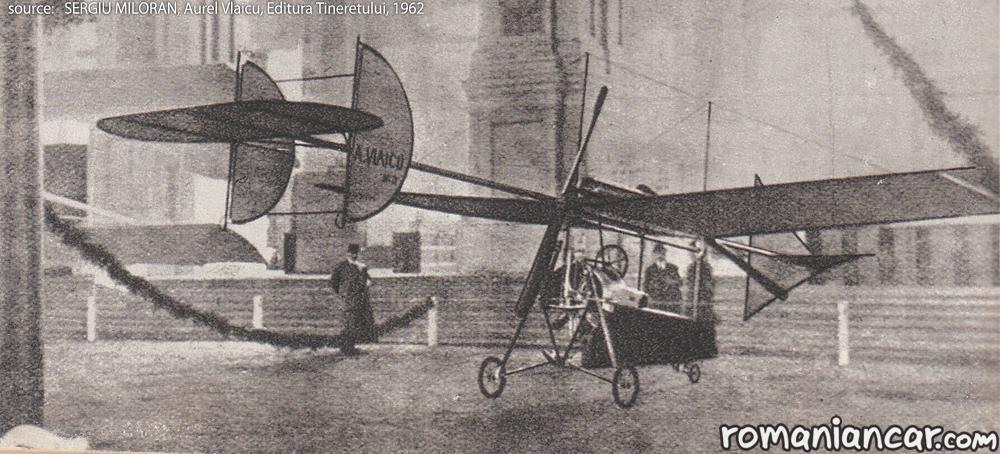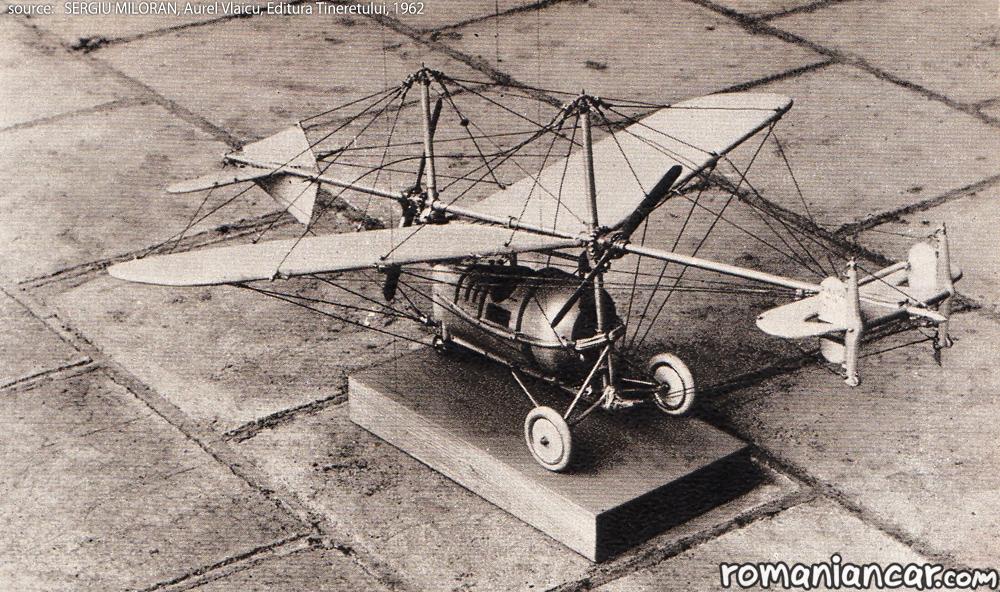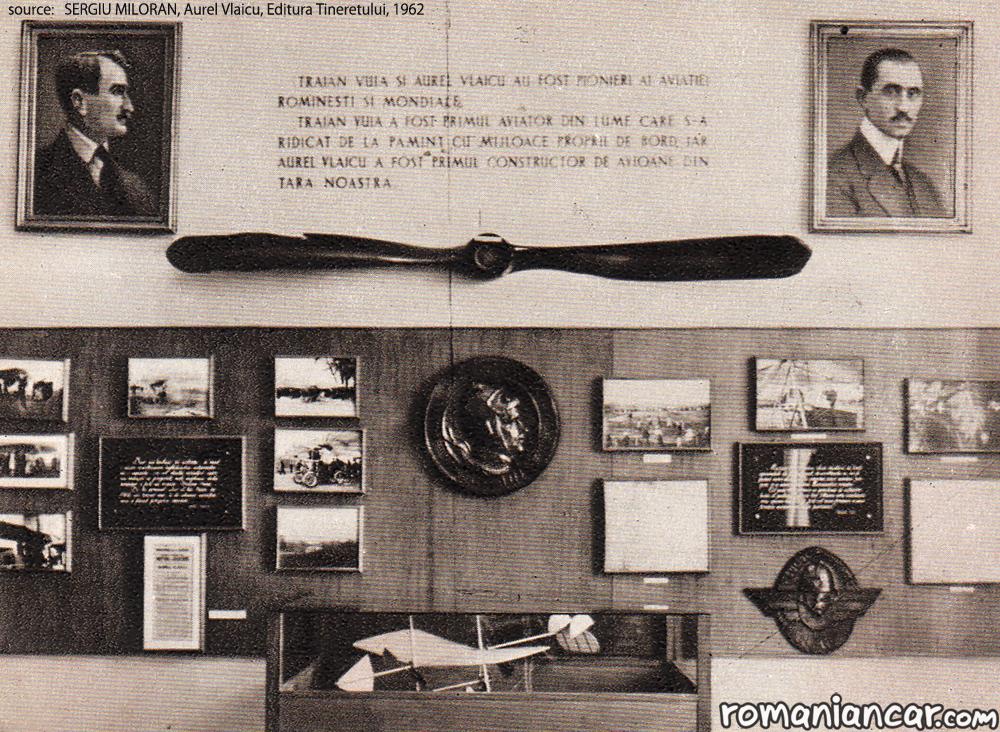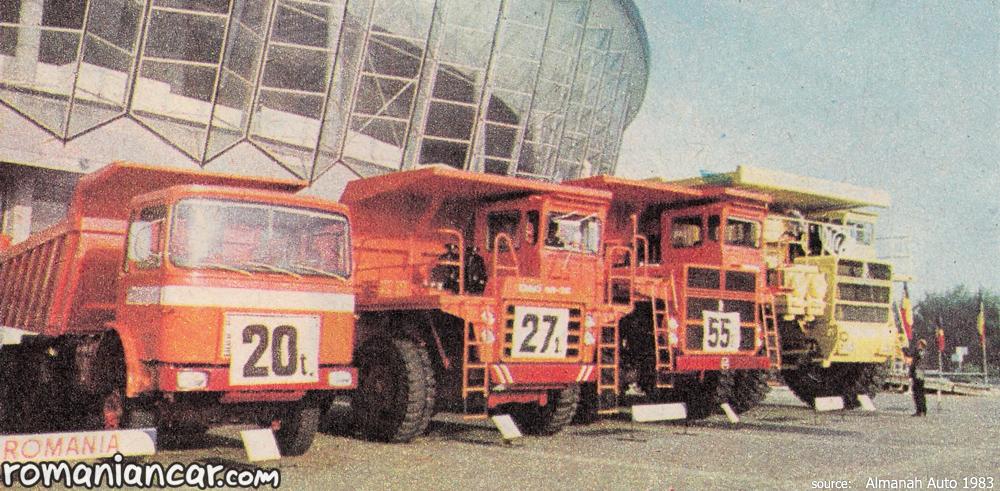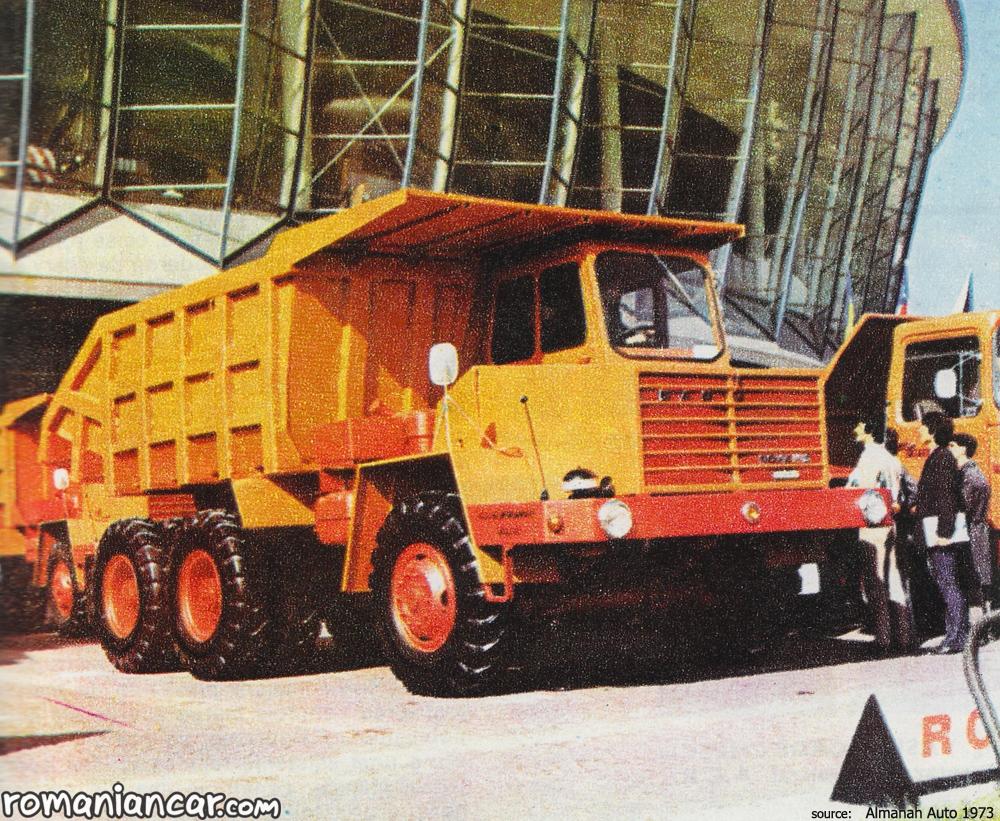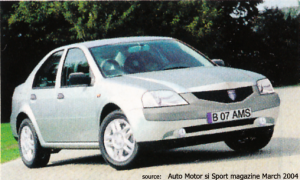 Dacia X90 is the first prototype of the later called Dacia Logan. I have some other pictures and info on it, i will get back later with them in another article. This pictures is from the Auto Motor si Sport magazine, from March of 2004. A few moths later the succesful Dacia Logan was launched.
Dacia X90 is the first prototype of the later called Dacia Logan. I have some other pictures and info on it, i will get back later with them in another article. This pictures is from the Auto Motor si Sport magazine, from March of 2004. A few moths later the succesful Dacia Logan was launched.
Dacia X90
Aro
The Aro history starts in 1885, when in Campulung-Muscel the “Campulung Letea” paper factory is founded. Between the two world wars the factory has been producing propellers and shooting gear for the Brasov IAR airplanes. After the World War II, the plant was producing textile machines, locks, chains and others.
- 1950s
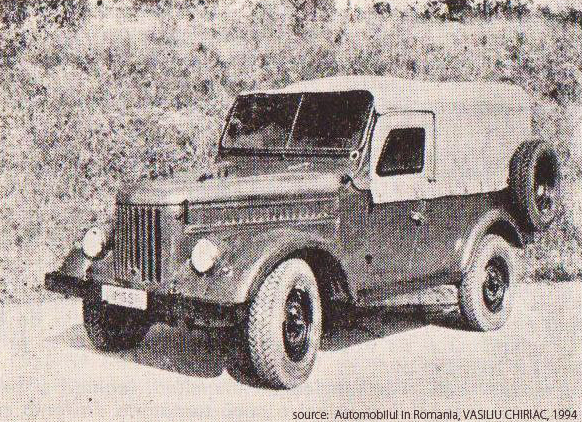 In 1953 was developed the first romanian motorcycle, the IMS 53. It was made in only 12 units, it had a two-cylinder, 350 cc engine. The motorcycle whereabouts are unknown. In the same time at Campulung were produced spare parts for the URSS all terrain vehicles GAZ-67 and GAZ MM. Spare parts like pistons, radiators, springs, or even complete engines. In 1957, the engineers from Campulung-Muscel developed the first romanian 4×4 vehicle, using asimilated spare parts from those produced for GAZ vehicles. It was named simply IMS 57, initials from the “Intreprinderea Metalurgica de Stat” and the year of production. IMS 57 had an four-cylinder, 3260 cc, 50 HP at 2800 rpm engine. The all terain has a total weight of 2265 kg, a load capacity of 650 kg, and a fuel consumption of 24 l/ 100 km at the maximum speed of 80 km/ h.
In 1953 was developed the first romanian motorcycle, the IMS 53. It was made in only 12 units, it had a two-cylinder, 350 cc engine. The motorcycle whereabouts are unknown. In the same time at Campulung were produced spare parts for the URSS all terrain vehicles GAZ-67 and GAZ MM. Spare parts like pistons, radiators, springs, or even complete engines. In 1957, the engineers from Campulung-Muscel developed the first romanian 4×4 vehicle, using asimilated spare parts from those produced for GAZ vehicles. It was named simply IMS 57, initials from the “Intreprinderea Metalurgica de Stat” and the year of production. IMS 57 had an four-cylinder, 3260 cc, 50 HP at 2800 rpm engine. The all terain has a total weight of 2265 kg, a load capacity of 650 kg, and a fuel consumption of 24 l/ 100 km at the maximum speed of 80 km/ h.
Two years later, the IMS 59 vehicle has been developed. It used some pressed bodywork elements from the Steagul Rosu vehicles. It uses an improved 56 HP at 2900 rpm engine, an romanian carburetor UT 550 and electric windscreen wipers (the IMS 57 had manual wipers). The max speed was increased at 90 km/ h, the fuel consumption was reduced to 21 l/ 100 km and the maximum slope climb was increased at 30º from 25º. In 1959 were produced 760 units of IMS 57 and 803 units of IMS 59. Production of the IMS 59 rose to 3222 units in 1963.
- 1960s
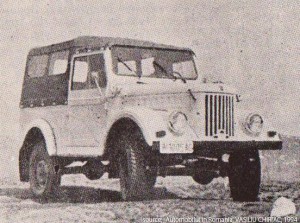 In 1964 began the production of the M-461 model. M-461 was a lot more competitive, regarding reliability, performances and quality which lead to exports starting the following year. The new model has a total weight of 2200 kg, reaches a maxium speed of 100 km/ h and has a fuel consumption of 17 l/ 100 km at 80 km/ h. The M 207 engine is now developing 70 HP at 3800 rpm, and was later upgraded to 77 HP at 4000 rpm. Until 1975, when production of M-461 ceased, were built 80223 units, with 46549 units exported. The exports of M461 began in 1965.
In 1964 began the production of the M-461 model. M-461 was a lot more competitive, regarding reliability, performances and quality which lead to exports starting the following year. The new model has a total weight of 2200 kg, reaches a maxium speed of 100 km/ h and has a fuel consumption of 17 l/ 100 km at 80 km/ h. The M 207 engine is now developing 70 HP at 3800 rpm, and was later upgraded to 77 HP at 4000 rpm. Until 1975, when production of M-461 ceased, were built 80223 units, with 46549 units exported. The exports of M461 began in 1965.
The engine cylinder capacity was reduced from 2512 cc to 2495 cc for customs taxes purposes. The L25 was once again improved by redesigning the filter, the intake and exhaust pipe by incresing the compression ratio to 8 : 1 the engine power was increased to 80 HP at 4000 rpm. These improvements lead to a fuel consumption of only 16 l/ 100 km. In 1965 the factory expanded and the production capacity increased to 10000 vehicles/ year and 5000 equipments for “TV”/ year. Factory`s built size increased to 33000 m2 from 13000 m2 in 1955. After 1966 began the designing of a complete new vehicle. It was later named Aro 240.
- 1970s
The new family of Aro 24 was a very daring project. Aro 24 came with a brand new bodywork, curved chassis and it was the second after Range Rover to implement front independent suspensions.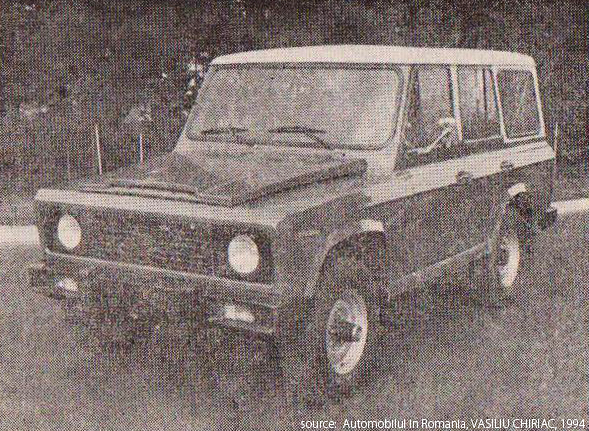
Discussions about Aro and others on this forum.
Great pictures from romanian alternative website. Automobile Romanesti.
Older romanian article: Istoria Aro.
Aurel Vlaicu
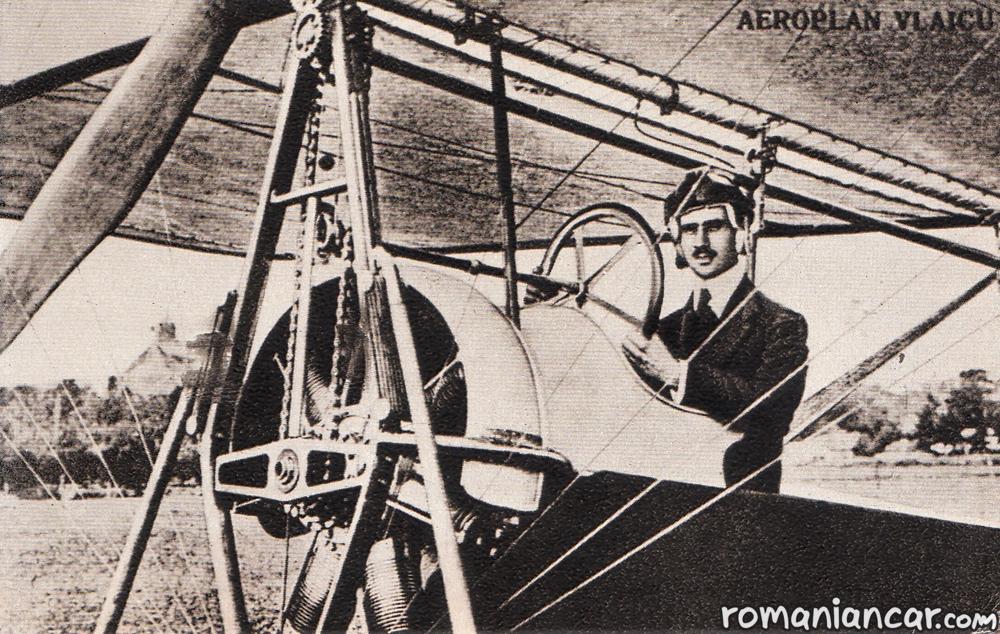 Aurel Vlaicu was a romanian engineer, inventor and pilot. He is recognised as the first romanian aircraft manufacturer. He was born on 19 november 1882, as the first child of the eight children of Dumitru and Ana Vlaicu, peasants from Bintiti village (now Aurel Vlaicu), near Orastie.
Aurel Vlaicu was a romanian engineer, inventor and pilot. He is recognised as the first romanian aircraft manufacturer. He was born on 19 november 1882, as the first child of the eight children of Dumitru and Ana Vlaicu, peasants from Bintiti village (now Aurel Vlaicu), near Orastie.
In high school he was known as a clock repairman. In those days he heard about the flying attempts of Ion Stoica, from Ormindea village. Even since he was obssessed about making a flying “kite”. After finishing high school, in 1902, he followed the courses of the Polytechnic School in Budapest. At Budapest, Vlaicu succesed to design a lightweight, but still powerful motor, fueled by gunpowder.
Munchen was the next destination for Vlaicu, the place where he made his first model and impressed his college professor.


 Română
Română